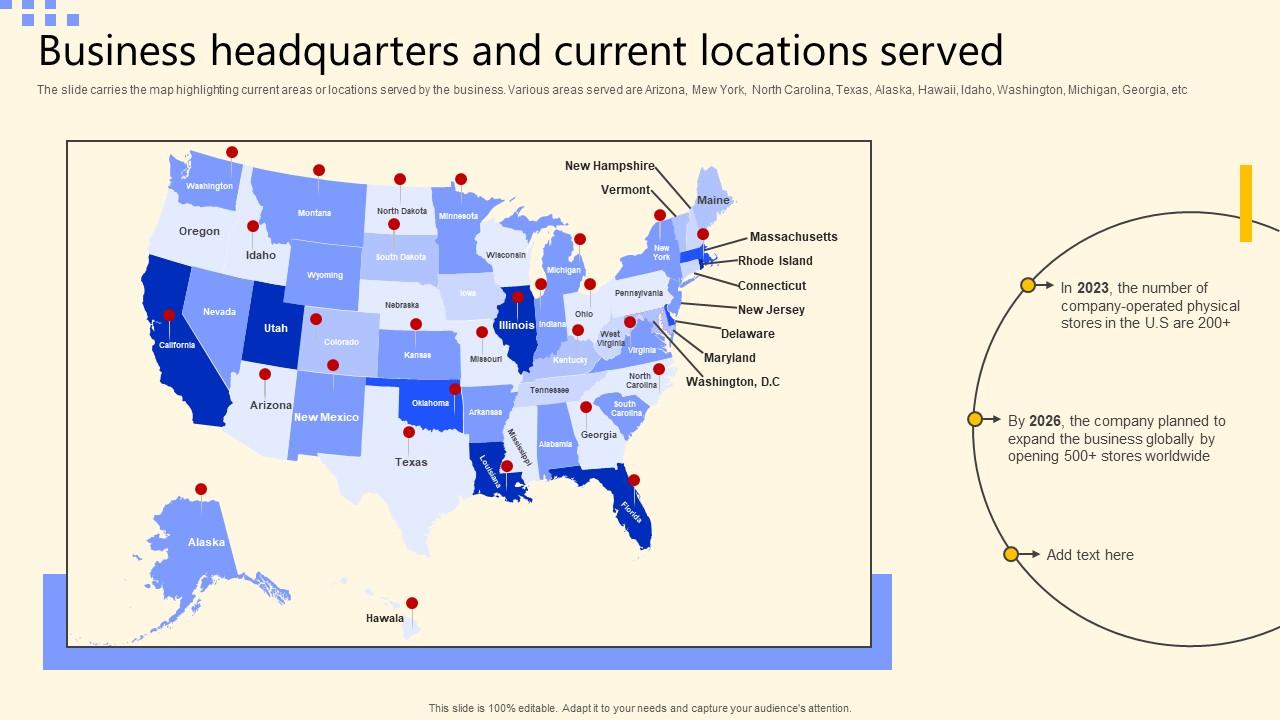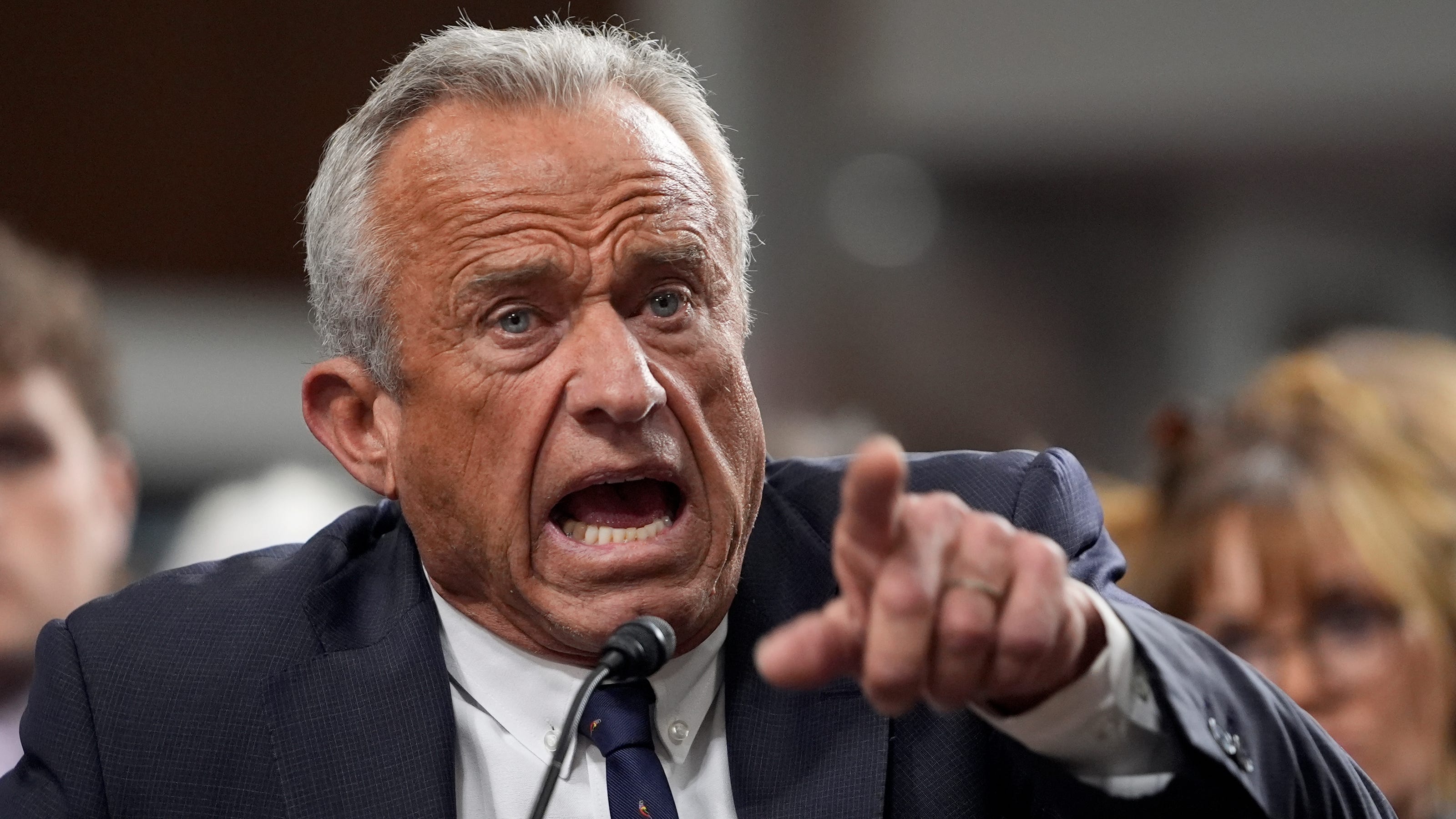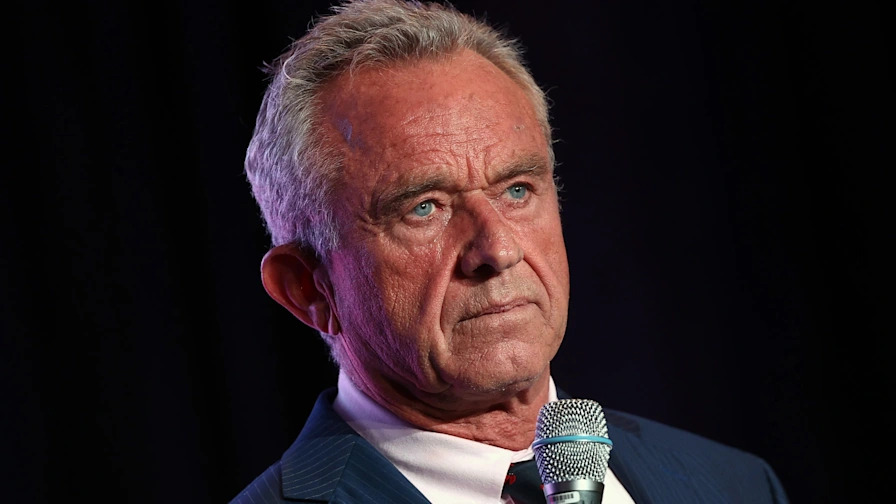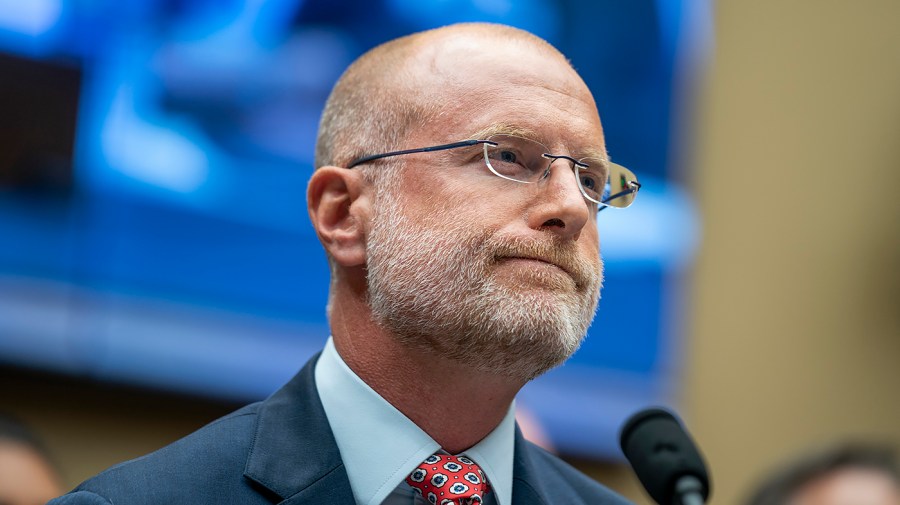Ukraine And NATO: Trump's Skepticism And Its Geopolitical Consequences

Table of Contents
Trump's Ambivalence Towards NATO and its Transatlantic Alliances
Trump's presidency was marked by consistent criticism of NATO, questioning its fundamental purpose and the perceived unfair burden-sharing among member states. This "NATO skepticism" was a central theme of his foreign policy, causing considerable concern among allies. His approach challenged the very foundation of transatlantic relations built over decades.
- Public Statements: Trump repeatedly questioned the value of NATO, calling it "obsolete" and suggesting that the US should only remain committed if other members significantly increased their defense spending.
- Article 5 Reluctance: His reluctance to offer a full-throated commitment to Article 5, the collective defense clause, fueled anxieties among Eastern European members particularly vulnerable to Russian aggression. This ambiguity created a perception of diminished US commitment to the alliance's core principle of mutual defense.
- Strained Relationships: Trump's relationships with many NATO leaders were frequently strained, characterized by public disagreements and a lack of trust. This undermined the alliance's internal cohesion and its ability to present a united front. His transactional approach to diplomacy further exacerbated these tensions.
The Impact on Ukraine's Security Aspirations
Ukraine's desire to join NATO has long been a key element of its security strategy, aimed at deterring Russian aggression. However, Trump's skepticism towards NATO directly undermined these aspirations. His wavering support weakened Ukraine's position within the alliance and cast doubt on the prospect of future membership.
- Strategic Implications: NATO membership offers a crucial security umbrella, providing collective defense against potential threats. For Ukraine, facing persistent Russian aggression, this represented a vital path towards long-term security.
- Weakened Position: Trump's inconsistent messaging and apparent reluctance to support Ukraine's NATO ambitions significantly weakened its negotiating position with Russia. This emboldened the Kremlin and created a perception of vulnerability.
- Impact on Morale and Defense: The uncertainty surrounding Ukraine's NATO prospects negatively impacted morale within the Ukrainian military and civilian population, hindering efforts to build a strong and resilient defense capability.
Emboldening Russia and Shifting the Geopolitical Balance
Trump's stance towards NATO inadvertently emboldened Russia, allowing it to pursue a more assertive foreign policy in Eastern Europe and beyond. His rhetoric and actions were interpreted as signaling a diminished US commitment to the region's security, creating a perceived power vacuum.
- Russian Actions: The annexation of Crimea in 2014 and the ongoing conflict in Donbas occurred during Trump's presidency, highlighting Russia's increasingly aggressive actions. These events were analyzed in light of Trump's perceived weakening of NATO's resolve.
- Diminished US Commitment: Trump's criticisms of NATO and his unpredictable approach to foreign policy signaled to Russia a potential lessening of US resolve to defend its Eastern European allies, providing an opportunity for expansionist policies.
- Shifting Balance of Power: The overall effect was a shift in the regional power balance, with Russia gaining influence and NATO's deterrence capabilities being called into question. This created a sense of insecurity amongst other nations bordering Russia.
Long-Term Consequences and the Biden Administration's Response
The long-term consequences of Trump's skepticism towards NATO and Ukraine are still unfolding. The Biden administration, in contrast, has emphasized a renewed commitment to the alliance and to supporting Ukraine's sovereignty. This shift represents a significant departure from Trump's approach.
- Contrast in Approaches: Biden's administration has actively strengthened NATO's cohesion and reaffirmed the alliance's commitment to Article 5. This contrasted sharply with Trump's transactional and often critical approach.
- Current Security Situation: The ongoing conflict in Ukraine tragically demonstrates the lasting effects of the security vacuum created in part by the Trump administration's policies. The situation remains volatile and unstable.
- Strengthening NATO and Supporting Ukraine: The Biden administration has significantly increased military and financial aid to Ukraine, and efforts are underway to strengthen NATO's presence in Eastern Europe to counter Russian aggression.
Conclusion: Reassessing Ukraine and NATO in the Aftermath of Trump's Presidency
Trump's skepticism towards NATO had profound and lasting geopolitical consequences for Ukraine and the broader region. His ambivalent stance undermined Ukraine's security aspirations, emboldened Russia, and created a ripple effect throughout Eastern Europe. The Biden administration's subsequent policies represent a significant effort to repair the damage and reaffirm the US commitment to NATO and Ukraine's security. However, the lasting impact of Trump's presidency on the relationship between Ukraine and NATO remains a significant subject of ongoing analysis and debate. Further exploration of the topic of "Ukraine and NATO," and its complex relationship with US foreign policy is encouraged; consider reading related articles and engaging in discussions about the implications of Trump's legacy on regional security.

Featured Posts
-
 The Post Roe Landscape Examining The Role Of Otc Birth Control
Apr 26, 2025
The Post Roe Landscape Examining The Role Of Otc Birth Control
Apr 26, 2025 -
 Designing The Future Microsofts Design Chief On Ai And Human Creativity
Apr 26, 2025
Designing The Future Microsofts Design Chief On Ai And Human Creativity
Apr 26, 2025 -
 Over The Counter Birth Control A New Era In Reproductive Healthcare
Apr 26, 2025
Over The Counter Birth Control A New Era In Reproductive Healthcare
Apr 26, 2025 -
 Damen Csd 650 Engineer Soltan Kazimovs Successful Launch
Apr 26, 2025
Damen Csd 650 Engineer Soltan Kazimovs Successful Launch
Apr 26, 2025 -
 Mapping The Countrys Hottest New Business Locations
Apr 26, 2025
Mapping The Countrys Hottest New Business Locations
Apr 26, 2025
Latest Posts
-
 Hhss Decision To Hire Vaccine Skeptic David Geier Analysis Of Vaccine Studies Under Scrutiny
Apr 27, 2025
Hhss Decision To Hire Vaccine Skeptic David Geier Analysis Of Vaccine Studies Under Scrutiny
Apr 27, 2025 -
 Controversy Erupts Hhs Appoints Vaccine Skeptic David Geier
Apr 27, 2025
Controversy Erupts Hhs Appoints Vaccine Skeptic David Geier
Apr 27, 2025 -
 David Geiers Vaccine Review Hhs Appointment Sparks Controversy
Apr 27, 2025
David Geiers Vaccine Review Hhs Appointment Sparks Controversy
Apr 27, 2025 -
 Hhs Hires Vaccine Skeptic David Geier To Review Vaccine Studies
Apr 27, 2025
Hhs Hires Vaccine Skeptic David Geier To Review Vaccine Studies
Apr 27, 2025 -
 Controversial Appointment Hhs And The Debunked Autism Vaccine Connection
Apr 27, 2025
Controversial Appointment Hhs And The Debunked Autism Vaccine Connection
Apr 27, 2025
